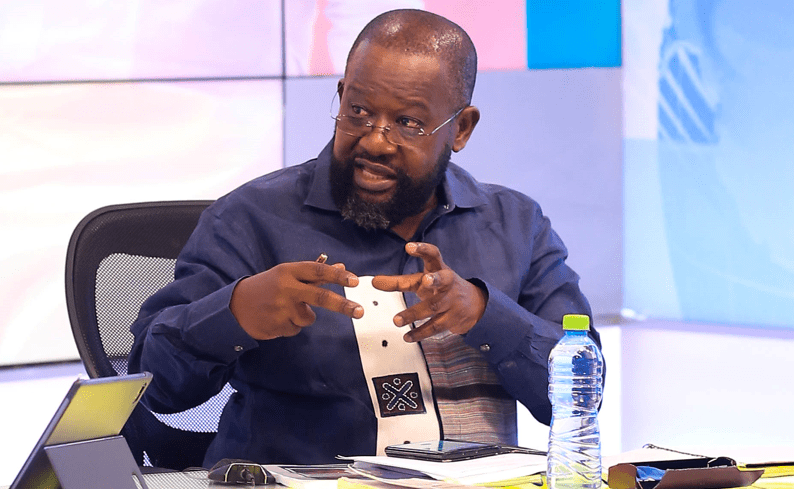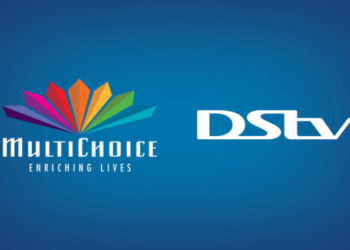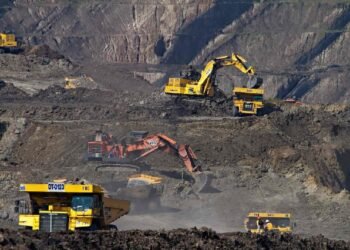As Ghana begins implementing the controversial GHS1-per-litre fuel levy passed under the newly signed Energy Sector Levy (Amendment) Bill, 2025, a leading energy expert and private legal practitioner Nana Kwame Jantuah has described the levy as a “necessary evil.”
Nana Jantuah insisted that although the measure is painful, it is a crucial step toward addressing the country’s long-standing energy sector debts and chronic power supply challenges—commonly referred to as dumsor.
Nana Jantuah acknowledged the legitimacy of the government’s intent but strongly criticized the lack of prior public engagement and clarity surrounding the duration and structure of the levy.
He asked rhetorically, “Do we have a debt? We have a debt. How do we pay that debt?” comparing the situation to a struggling family business.
“If this was your own private business… wouldn’t you sit with your family and discuss that you have debt to pay, so you want to sell the car?”
Nana Kwame Jantuah, Energy expert and Private legal practitioner

Nana Jantuah’s analogy underscored his belief that the public should have been more involved or at least better informed before the implementation of the fuel levy.
The levy is expected to generate much-needed funds to eliminate mounting debts in the energy sector that have paralyzed operations and led to inconsistent electricity supply across the country.
The expert called for greater transparency in the use of revenue generated from the levy. “Where do we stand with ESLA?” he asked, referring to the Energy Sector Levies Act, previously used to raise funds for the sector but criticized for fund diversion and lack of accountability.
Nana Jantuah emphasized the importance of public trust, pointing out that the government must show clearly how this new revenue stream will be applied.
He said, “I expect transparency as to how the money is being used,” adding that vague fiscal strategies only serve to erode confidence in the levy’s purpose.
Sunset Clause Urged
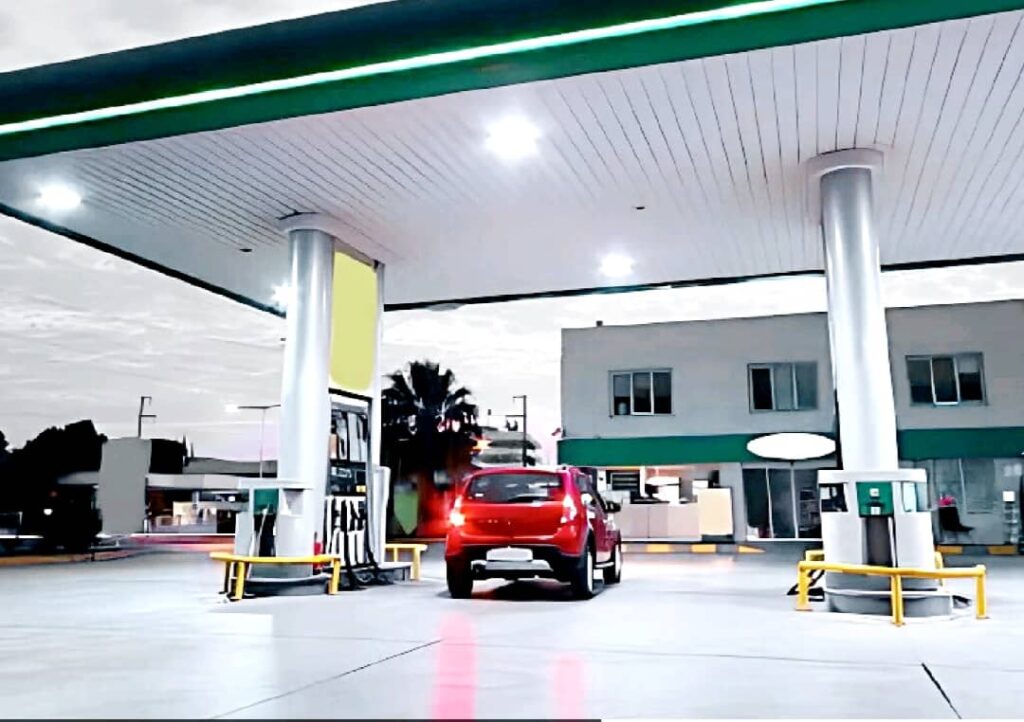
Perhaps Nana Jantuah’s most critical recommendation was the inclusion of a sunset clause—a clearly defined end date or conditions under which the fuel levy would be discontinued.
He stated, “Ghanaians will not object to this, we just want to know when this will end,” arguing that a perpetual tax without a clear timeline only burdens already struggling citizens. “Is it going to stay in the books until thy Kingdom come?”
Another significant point of contention raised by Nana Jantuah is the inequity in how the levy affects different groups in Ghanaian society—especially government appointees and officials who rely on fuel coupons.
“If we say everyone should share the burden to clear this debt, how do we get government nominees—who don’t buy fuel with their own money—to also pay their fair share?”
Nana Kwame Jantuah, Energy expert and Private legal practitioner
According to him, such exemptions create a perception of unfairness that undermines national solidarity on economic recovery. “Government appointees do not feel the pressure that other Ghanaians feel,” he added.
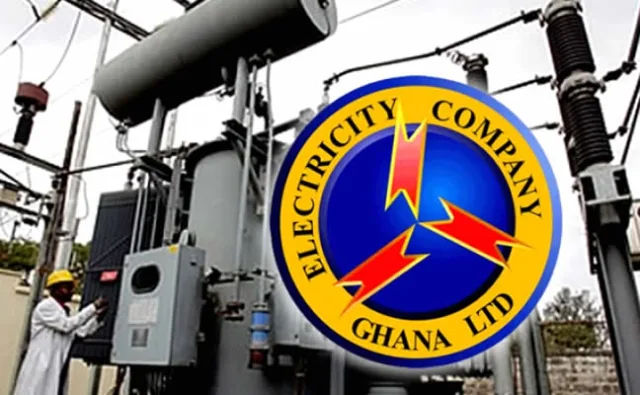
The levy, passed under a certificate of urgency, reflects the government’s prioritization of immediate fiscal stabilization. Ghana’s energy sector debt is estimated in the billions of cedis, with arrears to independent power producers (IPPs), bulk oil distributors, and fuel suppliers posing severe operational risks.
Experts, including Nana Jantuah, broadly agree that without a bold intervention, the sector risks collapse. However, the consensus is also clear: any solution must be accompanied by transparent governance, stakeholder consultation, and targeted relief measures.
The newly introduced fuel levy is a test of the government’s credibility and fiscal discipline. While Nana Kwame Jantuah rightly frames it as a “necessary evil,” the government is admonished go beyond the legislative framework and engage in consistent, transparent public communication.
Ghanaians deserve not just promises—but proof. The implementation of a sunset clause, real-time expenditure reports, and equal burden-sharing will determine whether this fuel levy becomes a turning point or yet another broken policy experiment.
The real question now is not whether the tax is necessary, but whether the government is ready to match tough decisions with responsible leadership.
READ ALSO: The Netherlands To Hold Snap Election On October 29

